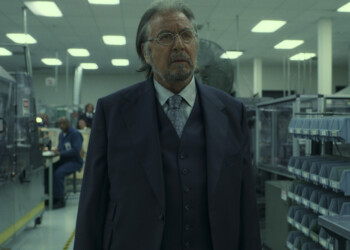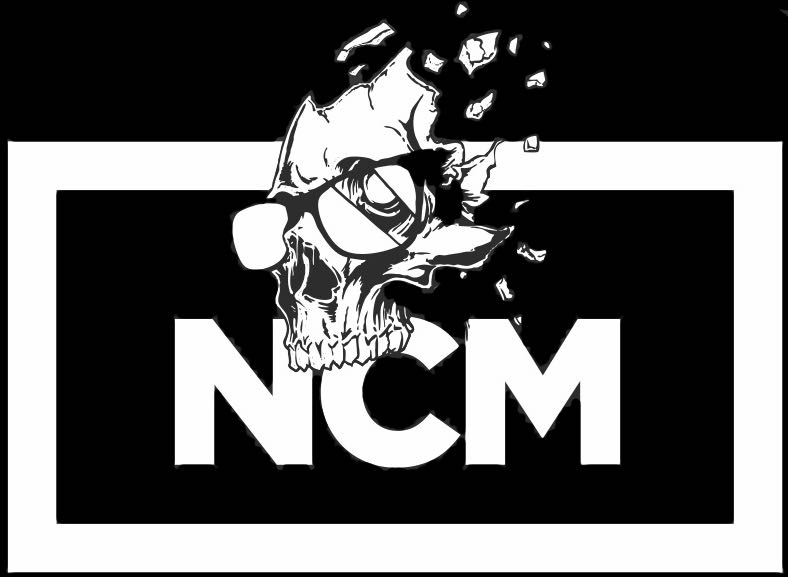You don’t talk about religion. It has a unique place in social etiquette, being an intensely personal pillar of one’s make up while also being a polite party taboo. Faith is hard to defend and discuss. You can’t give figures and facts to back up your religion. There is no standard ph value for the human soul and you cannot point out the location of heaven on a world map. Yet, it is held with great credence by some and great confusion by others.
This makes religion a difficult theme for literature, as comments on the topic can quickly activate a defense mechanism in the reader, causing them to take an invitation for discussion as an attack. At the same time, any praise or acknowledgment of the plausibility of a religion can cause the opposite group to label the work as pandering or intellectually wanting.
The above mentioned paradox is why I have so much respect for The Tithe #1. It has the balls to tackle the topic of religion overtly, yet it has the class and intelligence to approach it in a smart and balanced way.
Rather than question the validly of any religion The Tithe #1 focuses on how people use religion both to noble and nefarious ends.
A multi-million dollar mega church is attacked during a Sunday service. The perpetrators are a crew of people wearing Jesus masks and carrying machine guns. They make off with two million dollars in collections and blow up the minister’s car while also high jacking the service’s video feed to show that the minister has been embezzling collections money from the church.
The individuals responsible call themselves The Samaritans and it is established that they have been robing churches suspected of embezzlement and then donating that money to charities.
This concept, if left to stand alone, could have been a simple Robin Hood like set up for a story that would have portrayed religion as a tool of manipulation, something that charismatic shysters use to pry simpletons away from their money.
In a less deftly executed story, the plot would bottomed out there and we would be left these ideal engorged young activists as our heroes.
The Tithe becomes complex and interesting when the FBI arrives to investigate the crime. Agent Campbell heads the investigation. It is established early on that Agent Campbell is a religious man that found the church through his future wife and was liberated from angry issues by his faith.
His character acts a balance to The Samaritans. Showing the smaller personal way religion can heal someone, and offering a contrast to the criticism of religion’s manipulative potential.
The reader is not given a hero or villain. Writer Matt Hawkins presents the motivations of both opposing forces in equally sympathetic lights.
The Samaritans, while not homicidal, are violent and are choosing to push a valid point of view through bullying and criminal behavior.
Agent Campbell has a sincere and well-earned faith, yet he seeks to recover stolen money from charities and return it to corrupt corporate churches.
All this leaves the reader a little confused on whom to root for but that is done with purpose. Hawkins does a great job illustrating the grey area religion has had in human history. Showing how effective and helpful it has been to individual people and how evil it has been when used to justify acts of horror like The Crusades or The Inquisition.
Hawkins makes the smart decision to avoid heavier religious conversation such as the truth behind belief and instead focus on religion’s role in human behavior. It avoids ever preaching, by staying away from monologues, narrations and soliloquies. Ideas are delivered through character actions and plot, softening what could have been heavy handed conversation.
The story never pushes a point of view rather it condenses the reality of the topic into a digestible singularity. It doesn’t give us a thesis or argument. It gives us a more understandable version of own world and trusts us to do our own thinking.
The only defense faith has is faith, and you are either the breed of human that is at peace with that or you’re not. The Tithe has launched with this knowledge, yet it still wants to talk about the subject like adults and has faith that its readers are grown up enough to handle that.
The creative team behind The Tithe respects its reader and challenges them to think. It takes a topic that often portrayed in absolutes and paints it grey. It’s patient, smart and just getting started. The potential here is limitless.






